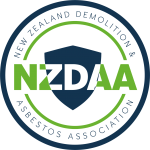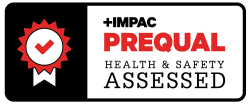Respiratory protective equipment (RPE) is a type of personal protective equipment (PPE) that protects people from breathing in substances hazardous to health. This quick guide is for persons conducting a business or undertaking (PCBUs) and it explains some factors to consider when providing your workers with RPE.
Download Respiratory Protective Equipment advice for businesses
Duty to manage work-related health risks
As a PCBU you must ensure the health and safety of workers, and that others are not put at risk from your work. You must eliminate risks so far as is reasonably practicable, and where this is not possible you must minimise them. You also have a duty to monitor the health of workers and workplace conditions to ensure workers aren’t injured or made ill by their work so far as is reasonably practicable.
Respiratory hazards
Airborne substances hazardous to health can be in dust, mist, vapour or gas form (eg wood dust, welding fumes, solvent vapours). You may or may not be able to see these in the air. If workers or other people (eg visitors) inhale these they can become unwell.
Depending on the substance, the effects can be immediate or long term. Common short-term (or acute) health effects may include headaches, forgetfulness, drowsiness, feeling dizzy and sick, mood changes, and eye and skin irritation.
Long-term (or chronic) effects may include sleep disorders, memory loss, cancer, organ damage, fertility problems and death.




